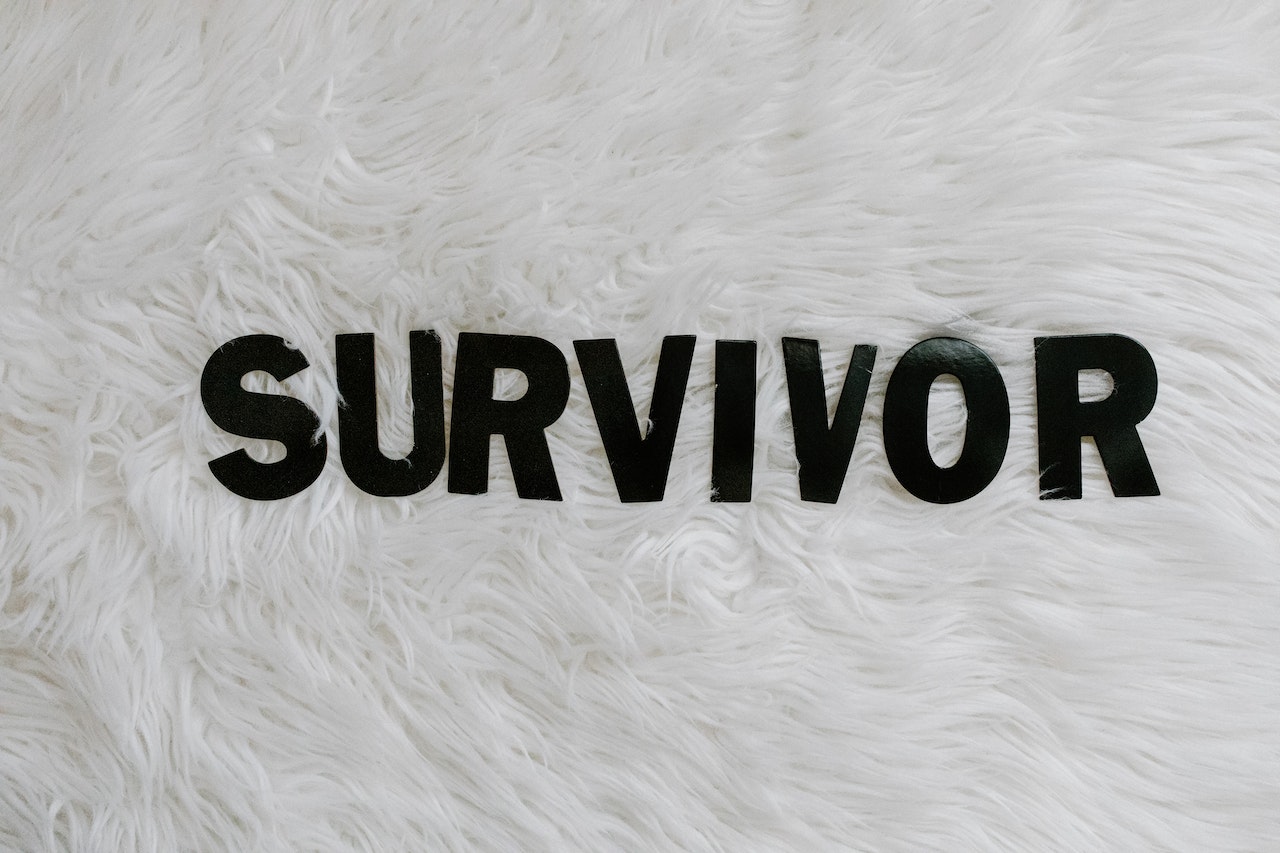June 27, 2022
Want to Comfort a Trauma Survivor?

Photo by Tara Winstead under Pexels LIcense
National PTSD Awareness Day on June 27th encourages us to learn more about post-traumatic stress disorder as well as what we can do to show our support to those living with it.
For people suffering from PTSD, each day can feel like a battle for survival. Everyday occurrences such as huge crowds, flashing lights, and loud noises can trigger debilitating symptoms. Do you know what else can? Saying the wrong things to them!
Although it may not be easy to figure out the right things to say to someone who’s trying to recover from trauma, being empathetic is a good place to start. After all, you don’t know how painful the experience might be for them. The last thing they’d want to hear is someone telling them to “take it easy” or “move on already.”
Before you can try to comfort a trauma survivor with your words, make sure you don’t come off as an insensitive friend, family member, or co-worker. See to it that you’re mindful of the way you communicate with them. You can start by taking note of the things you shouldn’t be telling them, such as the following:
- “Just get over it.”
Telling someone who’s going through trauma to simply “get over it” isn’t only dismissive, but it’s also rude and disrespectful. Moreover, it trivializes the severity of their condition, making them feel as if they’re not strong enough or it’s their fault.
Let’s say you’re dealing with something extremely painful and somebody keeps telling you to get over it. There might come a point when you’d believe that you’re the problem and that you don’t have what it takes to overcome your condition. When this happens, you’d end up feeling worse about yourself.
- “I’m no expert, but I think you should…”
Regardless of the problems they’re dealing with, nobody, and we mean nobody, wants to receive unsolicited advice. For all you know, they might have already tried whatever suggestion you made, which turned out to be ineffective.
For PTSD sufferers, a shoulder to cry on or a pair of empathetic ears is far more valuable than any piece of advice you can give, which you probably just read on a website. All they need is for someone to listen to them whenever they need to vent. Unless they really want your advice, just be there for them.
- “Others have it worse.”
Although mentioning that life could’ve been far worse than what it is today brings a glimmer of hope, comparing a PTSD sufferer’s pain and trauma with the tough challenges that other people are facing isn’t fair and may be counterproductive. You’d only exacerbate their feelings of guilt and shame while underestimating the sufferer’s experience. You may think that you’re comforting them, but in reality, you’re making them feel worse.
- “You’re too uptight. Why don’t you loosen up a bit?”
Telling a trauma survivor to loosen up is like telling a depressed person to smile more frequently. PTSD sufferers would typically appear uptight, and we can’t blame them for this. They’re actually protecting themselves from anything that might trigger their trauma. Loosening up means letting their guard down, which is something they’re likely not ready to do yet.
- “But that was a long time ago.”
This statement is pretty much telling the sufferer that they should’ve been over the incident by now, but guess what? It doesn’t work that way.
Sure, a long time may have passed already, but it doesn’t mean that the memories are gone. There will still be instances when they’ll be forced to relive those experiences in the form of nightmares, flashbacks, or by being in the exact place where the traumatic event occurred.
A Simple Way to Help Vets Battling PTSD and Other Woes
PTSD is just one of the numerous woes many of our former service members are facing. They also struggle with other types of mental disorders, as well as chronic unemployment, homelessness, poverty, disabilities, and serious illnesses.
What if we told you that you can help provide them relief and hope for a better future through a simple act of charity? All you have to do is donate an unwanted vehicle to us at Veteran Car Donations. We’ll use your donation to give the suffering veterans in your local community opportunities to lead healthier and more productive lives.
Our team will sell your car through an auction and hand over the proceeds to our veteran-focused charity partners. Like us, these IRS-certified 501(c)(3) nonprofit organizations are dedicated to helping disadvantaged and neglected veterans, providing them with free medical treatments, psychotherapy services, financial assistance, family support, housing aid, educational scholarships, employment opportunities, and many other benefits.
The good thing about donating a vehicle to Veteran Car Donations is that you’ll get amply rewarded for doing so. Not only will you get our free pickup and towing service wherever you are in the country, but you’ll also qualify to receive the maximum tax deduction in the next tax season.
However, the best reward you’ll get is the immense feeling of satisfaction, knowing that your gift will help improve the living conditions of the hurting veterans and their families in your community.
You can donate not just your old car but any other type of vehicle that you may have. Check out this list of the types of vehicles we commonly accept from our donors.
You can check out our FAQs page to get to know our quick and convenient donation process and other important information you might want to know. If you have questions and concerns, feel free to call us through our 24/7 toll-free hotline at 877-594-5822 or write to us here.
Let Our Struggling Heroes Know There’s Still Hope for Them Today!

Photo by DS stories under Pexels License
Show our nation’s unsung heroes that there’s a bright future waiting for them. Your vehicle donation will surely help in improving their living conditions. Call Veteran Car Donations at 877-594-5822 or fill out our secure online donation form now!
Last Updated: March 8th, 2023
